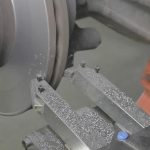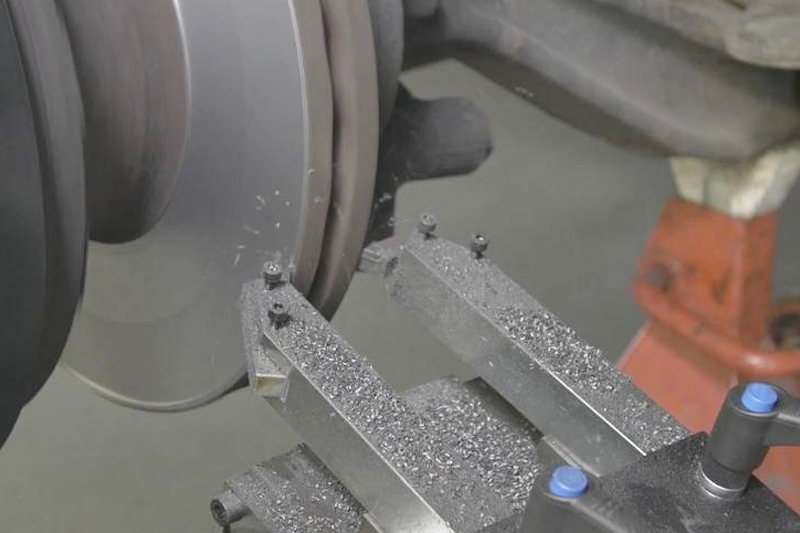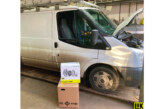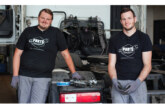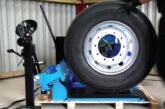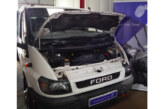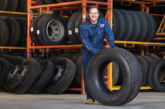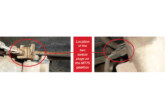Haweka explains the benefits of its brake skimming service.
When the time comes for trailers to return to service, having been parked up for several months, one of the biggest issues is corroded disc brakes. They may be seized completely or just corroded and will not pass an MOT brake test. The discs themselves may be well above minimum thickness, so changing them is not only time consuming, it is also a waste of an otherwise perfectly good component.
Haweka Procut says that the CV3000 on-truck brake lathe is a perfect remedy for operators suffering these problems. Attaching directly to the hub, it skims both sides of each disc in just 20 minutes from start to finish. The new disc surface is perfectly flat and true. The resulting savings in both time and materials are said to be significant and the trailer achieves ‘lock-out’ in the MOT brake test.
One concern often voiced is that discs may be cracked or crazed and cannot be revived. The industry generally accepts that grinding or skimming is acceptable, provided a minimum thickness remains. Minor surface cracks and/or crazing can be removed by machining to reveal a flat and fully intact metal surface. CV discs mostly start new at 45mm thick and must be replaced at 37mm, so there is usually plenty of scope to remove, say 1mm, from either face and still be well above the discs minimum thickness.
As well as the savings generated by the lathe, the company says that fleet operators will also see longer brake pad life because the new pads will be acting on a perfectly flat disc surface. This avoids ‘hot spots’ which cause surface cracking and rapid pad ware. And finally, the vehicle will be back on the road more quickly.
Many UK operators successfully use the CV3000, including commercial hire companies, large fleets and regional councils. They enjoy better first-time MOT pass rates, shorter labour times, lower component costs and all-important VOR reduction.

